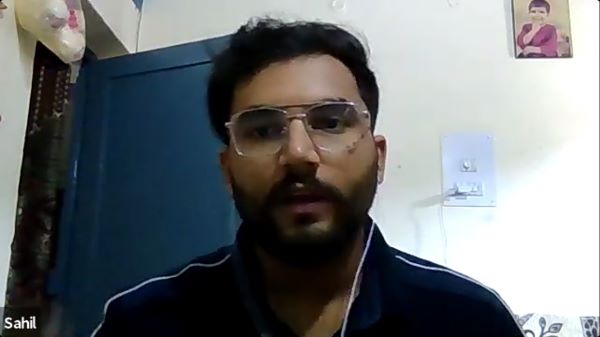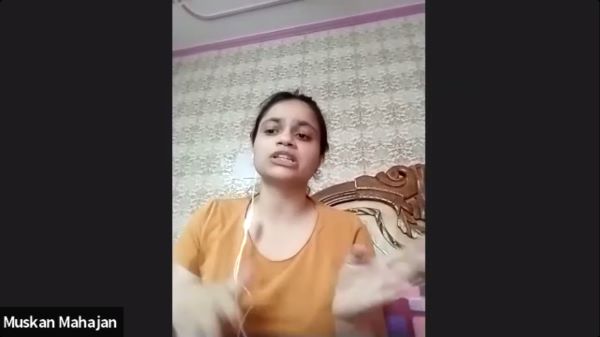This week at the YnD fellowship, fellows were engaged in a thought-provoking and healthy debate to understand the idea of practicing the constitution in everyday life and explore and understand ways in which they promote constitutional rights and duties within their families, schools, colleges, and workspaces.
Fellows were divided into four teams and were asked to engage in a debate around the following two topics:
The discussion started with the debate on the first topic on freedom of expression. Both the teams shared their points based on their experiences and the rights and acts offered by the constitution. During this debate, the fellows conferred about the actions of hate speech, polarization, and discriminatory and derogatory behaviors.

The other two teams debated around the idea of affirmative action for making educational institutions more representative. Both the teams shared pertinent points to support their positions. Concerns around discrimination, student's caliber, social and economic justice, lack of opportunities, and historical discrimination were discussed during the debate.

This was followed by a debrief by Dr. Rajesh Tandon. Dr. Tandon started from the first topic which was ‘Should the freedom of expression be extended to those who are spreading polarized ideas in society?’. Freedom of expression is important to share our opinions, to fight for what we want, etc. However, we often use our freedom of expression to make fun of other people based on their geographies, language, color, culture, caste, and associated stereotypes. Thus, knowingly, or unknowingly, as a society, we connote a discriminatory, prejudiced notion of identity for that group (often learned through socialization). When an individual or group’s freedom of expression is causing harm to someone, physically, emotionally, or socially, it needs to be bound. Therefore, there is a need to build the capacities of individuals and groups to not only express themselves, but also learn to listen and tolerate different opinions and views.

For the topic, ‘Is affirmative action a solution to make educational institutions more representative?’, Dr. Tandon stressed upon two concepts – historical structural inequalities and disadvantages and relations of power, which are not just unique to India. No society is perfect; however, a good society is the one that is always trying to overcome its imperfections. As a society, we need to analyze the problem and then design solutions for addressing historical discrimination.
The discussion was concluded by sharing about how fellows worked in groups, and also found challenging to prepare for their topics.
Next week the fellows will be meeting in Chandigarh for a face-to-face session at the Punjab University, Chandigarh. Stay tuned for some exciting updates.